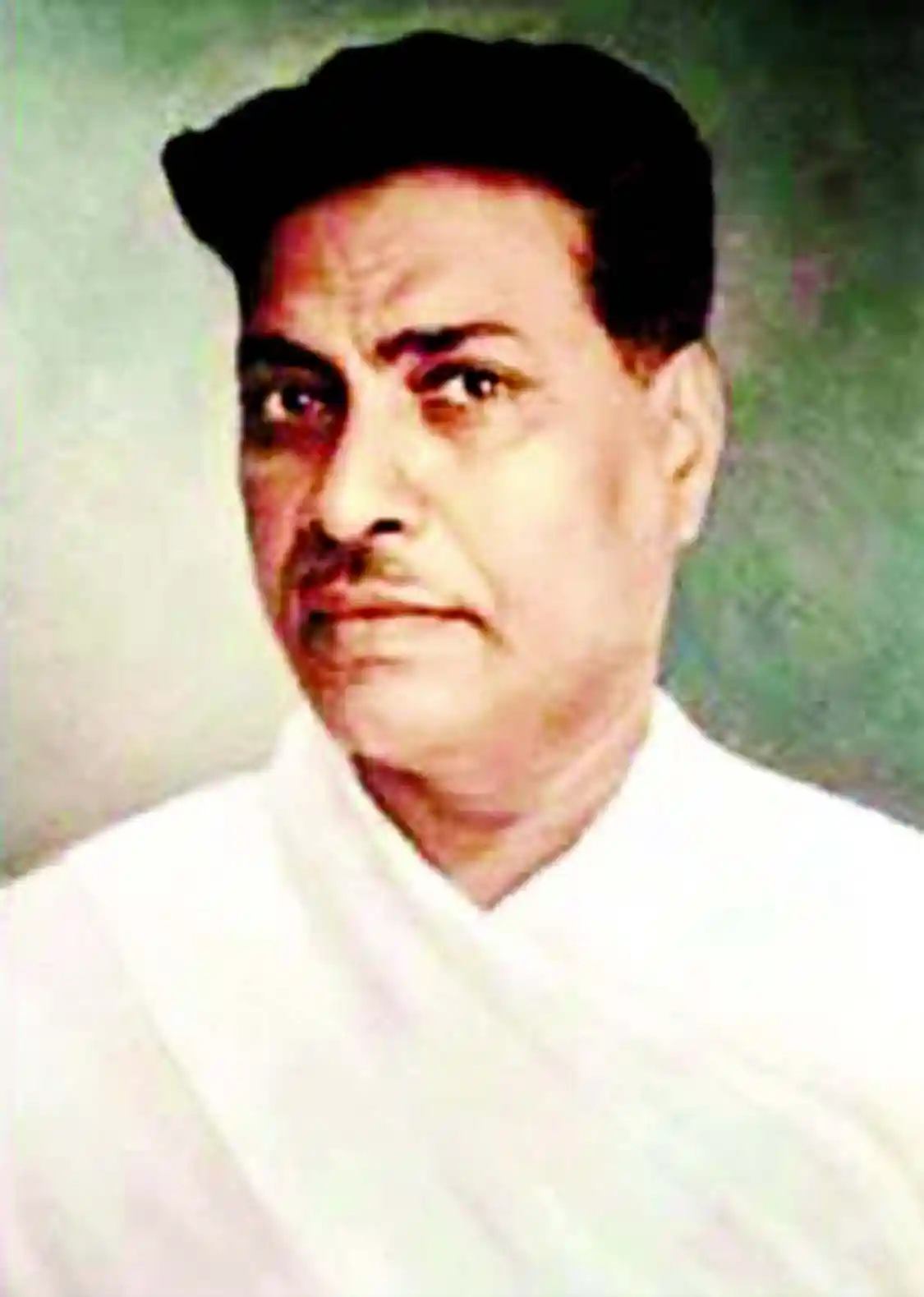The Evergreen Bandyopadhyay
Satyajit Ray's Pather Panchali wouldn't have existed if it hadn't been for Bandyopadhyay's writings. Bengal's era of modern literature seems incomplete without mentioning this gem of a writer

The classic face of Modern Bengali literature; Source: iMDb
Bibhutibhushan Bandyopadhyay's texts are relevant to the present day and age- which explains why he has a cult-like following. His stories wouldn't contain realistic melodrama like that of Sarat Chattopadhyay or daring plots like Manik Bandopadhyay's. But his texts were strengthened by a storyline supported by descriptive words that captivated the readers instantly. This quality of writing made him an evergreen literary figure in Bengali literature.
Although a part of the golden age of Bengali literature, Bandyopadhyay stood out with his distinctive style that combined together eclectic storylines, creative ideas and manifold topics to produce an absolute masterpiece. His pandora of writings contains a legendary dozen of fiction, numerous short stories and loads of essays and memoirs.
He was born on 12th September 1894 in the Nadia district of Bengal. As a student, he used to study at the Bongaon High school and was considered to be a talented child who aced his Entrance and Intermediate Arts examination by achieving first division. Further, Bandyopadhyay completed his undergraduate studies in economics, Sanskrit and history at the Surendranath College but was obliged to quit his masters halfway due to his family's financial conditions.
Though he kept his daily writing and literary work intact, Bandyopadhyay had to work a variety of jobs to earn enough. He thus started with the profession of a teacher in a school at Hooghly, then a travelling publicist, and later a manager of estates for Khelatchandra Ghosh. All this time while he changed jobs, he shifted through cities as well. Travelling around in India made him across a variety of experiences and events that later became the voice behind his stories.
After working quite a handful of jobs, Bandyopadhyay finally settled back in his native land where he worked as a teacher and stayed until his demise. Bandyopadhyay had lived through two of the world wars that took place and had thus experienced Bengal in its vulnerable state.
He took these worrisome situations and- as the romantic writer he was, converted them into beautifully enriching stories that dwelled in pain and emotions, far from the jaws of capitalism and greed.
Bandyopadhyay's words would capture aspects of poverty-stricken Bengal with empathy. His Asani Sanket showed the rapid downfall of the economy post World War II and the Bengal famine that befell upon the lives of many. In Ichamati he showcased the concept of caste dynamics by having the story set in rural India. Bandyopadhyay diligently focused on the totality of the situation that everyone bore and also talked about the urban lives as well. His Anubartan for example talked about the aftermath of the war on a community of teachers.
The most striking element of Bandyopadhyay's writings was the attention he paid to the rural aspects of Bengal, summed up in his impressive work— Pather Panchali. The story gives a peek into the slow-paced life in a village through vivid metaphors and idioms which fit into the characters completely.
A lot of his works were hard-hitting and soaked in historically enriching chronicles while at the same time holding up a mirror to the society. Aranyak attacked the nature of capitalism and its widespread effect on the nation which is relevant in today's time. Decades after these novels and short stories were published, they remain some of the best works to have ever existed in Bengali literature.
Although he passed away at the age of 56 on 1st November 1950, Bibhutibhushan Bandyopadhyay was a visionary writer who still deserves the best of recognition for his outstanding works. He might not be here right now, but his writings will be evergreen in the history of Indian literature.


